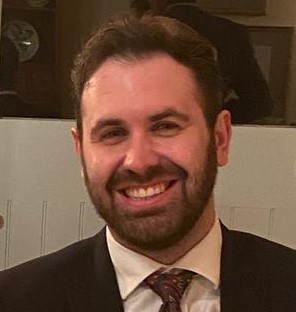What?
Heart disease is one of the leading causes of death in the Western world. This is only worsened by globally increasing obesity rates.
The heart pumps blood around the body, beating roughly 60 times a minute every single hour of every day for your whole life – that’s about 2.5 billion times in a lifetime. The heart needs blood too and, quite helpfully, pumps blood to itself first through the coronary arteries. The coronary arteries form a ‘crown’ around the heart, which is where the name ‘coronary’ comes from.
We know that the most common cause of a heart attack (myocardial infarction) is due to blockage (most commonly due to fat or cholesterol build-up) of one of the vessels (coronary arteries) supplying blood to the heart. Thankfully, we have treatments that can unblock these vessels (metal stents) or bypass them completely (coronary artery bypass graft, or CABG, pronounced ‘cabbage’). But did you know heart attacks can be caused by other weird and wonderful things? Sometimes the cause of the blockage isn’t necessarily on the inside…
Why?
A case report published in Heart tells of a middle-aged man presenting to a hospital in London with chest pain, with a known diagnosis of lung cancer. Initial tests and investigations in the emergency department confirmed that he was having a heart attack. However, further specialist tests showed that in fact his known lung cancer had now grown so large that it was intermittently pressing against the coronary arteries with every heartbeat. Together, this caused the intermittent blockage of these vessels, leading to the signs and symptoms of a heart attack.
Unfortunately, as there was nothing to unblock in these vessels, and given the growth of the cancer, the patient in question passed away a few weeks later.
How (does it affect you)?
This is a very rare cause of a heart attack, but one we should be aware of. It is important to discuss even especially rare instances of disease so that we can try to apply what we have learnt to new problems further down the line.
In this particular case of heart disease, there was sadly little that could be done to prevent the eventual outcome. However, for most causes of heart disease, prevention is possible, and it is always better than cure. Risk factors for a heart attack are split into categories you can and cannot change. Older people are at higher risk of having heart attacks and this cannot be changed. Smokers are also at higher risk of having heart attacks, however this can be changed – by quitting smoking!
Decrease your chance of having a heart attack by altering the parts of your life that are causing you risk. This article on the NHS website summarises it well.
If you have heart disease already, you need to read myHSN’s top tips on how to get better care for your heart. We talk you through the first steps of speaking to the right people and asking the right questions about your heart, to get the best care possible.
As always, best wishes from myHSN
Reference:


